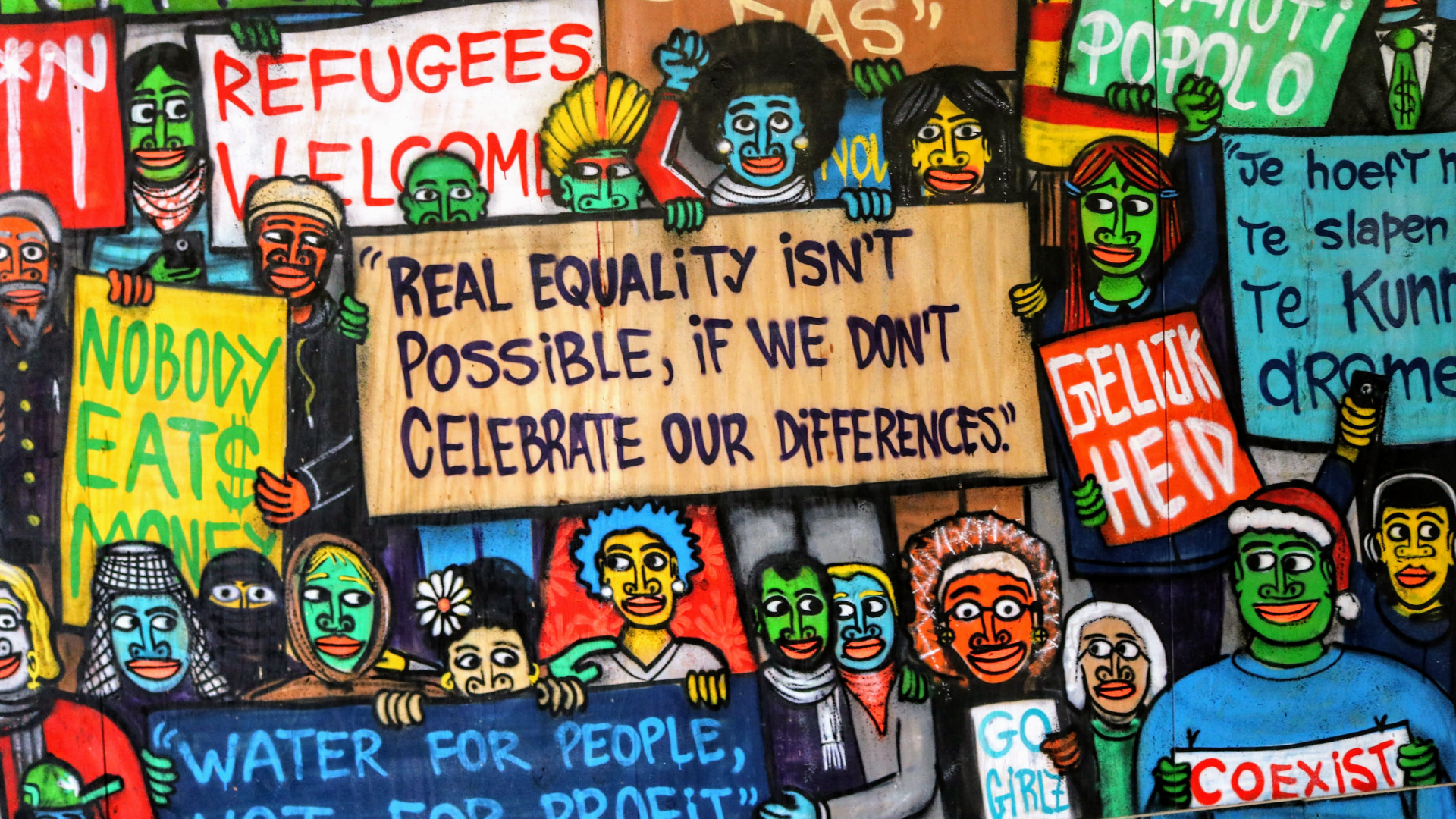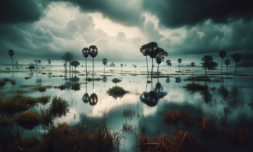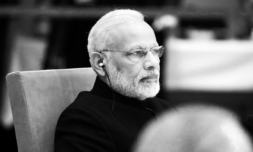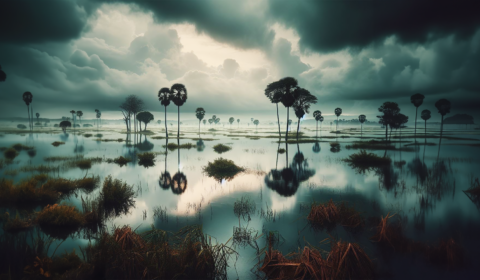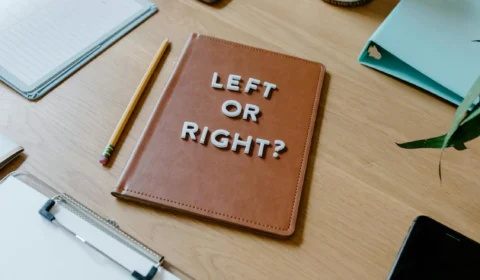Although the names of these organisations sound official, the current Libyan political climate has not yet revealed a legitimate government and these organisations operate within the ongoing struggle for power between multiple Libyan militia groups.
As is often the case, the group that obtains power and funding is often the one that aligns most with the interests of powerful western nations.
Accordingly, the Coast Guard and Public Security Agency took on what the EU would never dare to do openly: they created a brutal system designed to deter migration through violence and torture.
For this job, Frontex, the European border agency which has a budget of half a billion euros, gives their unofficial North African counterparts funds to run these camps and pick up migrant ships sailing for Europe.
In the New Yorker piece, the camps are described as being unhygienic and lacking in basic freedoms. Candé, a young migrant from Guinea-Bissau, also explains that there are not enough mattresses in the packed prisons, and that the detainees must take turns sleeping on them.
Migrants are never told under which laws they are being held, nor how long they will stay in the camps. The detainees are expected to bribe their way out but most cannot afford to pay the high prices expected by smugglers.
Many of the migrants experience violence from the guards, and unreported deaths are commonplace, according to one of the migrants who was interviewed the New Yorker piece.
Since about 6 years ago, large sums of money have been allocated to several African nations to “slow down the flow of migrants coming to Europe” through the Emergency Trust Fund for Africa (ETFA).
Originally, this programme consisted of financial aid for energy transition or later on Covid-19 relief, but the bulk of the money has actually gone towards slowing immigration.
Several reports have come out showing leaders, namely the President of Niger, providing this “service” in exchange for gifts such as private planes or helicopters. The ETFA funds have also been used for oppressive measures in East Africa, directly funding Sudanese intelligence operations that are thought to target vulnerable populations, and often refugees.
Public European funds supposed to go to clean energy transition (in Ghana through the EFTA, for example) are funnelled towards deterring migrants from leaving their countries through often violent methods.
Considering the ever-growing number of climate refugees from many parts of Africa, the EU’s narrow vision of the climate crisis becomes clear in this report.
In official statements, the EU will mention notions like “just transition”, or speak of reducing carbon emissions, but in its actions the only conceivable mitigation strategy they seem to consider is to apply pressure onto people who face the biggest threats from climate change.
While illegally funding violent and unaccountable militia groups abroad, the EU hopes violence will be enough to scare people from migrating but for most, this decision is forced upon them.









